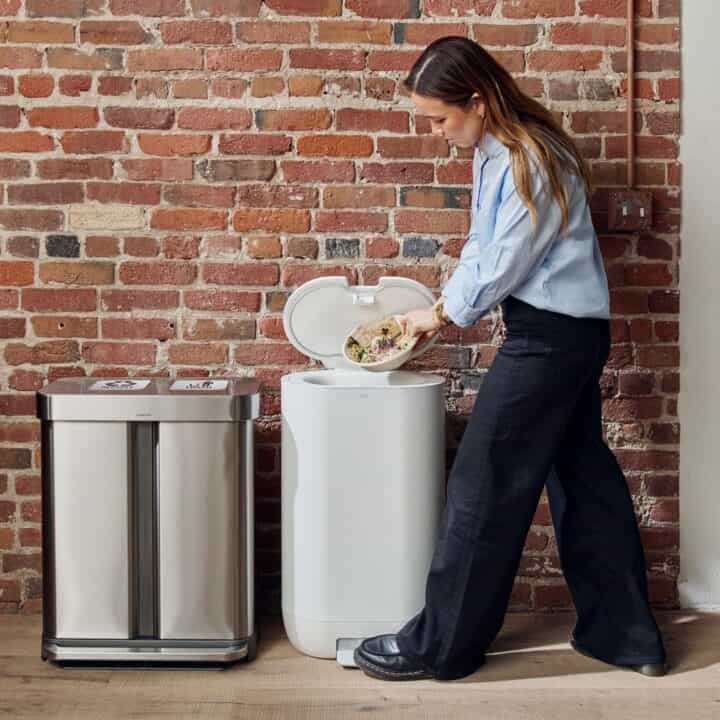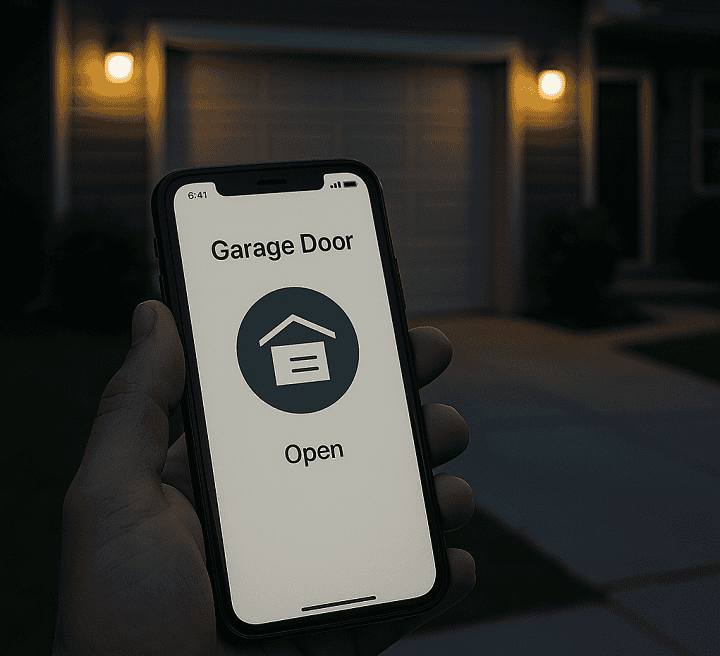Mill, the company known for its food recycling system, has introduced a new business-focused solution called Mill for Workplace. This system is made to help companies of different sizes manage food waste more simply and at a larger scale. The offering brings together Mill’s food recycler with new services such as software for managing fleets of machines and analytics powered by artificial intelligence. Mill for Workplace is already being used in offices, retail stores, hotels, schools, and government buildings across the country. Some early users include Vornado Realty Trust, which is rolling out the solution in its properties, and Duolingo, which has added the system to its office in New York City.
The Mill food recycler is designed to process food scraps overnight. It works without making much noise or producing odors and can cut the volume of food waste by up to 80 percent. This helps cut down on the need for daily janitorial work or trash hauling services. The system also includes tools to help educate employees, which is meant to make it easier for businesses to put the process in place quickly. The goal is for companies and workers to keep food out of the regular trash with less effort.
A big part of Mill for Workplace is its enterprise fleet management platform. This dashboard lets facility and sustainability managers keep track of all their food recycling units in real time. They can watch how much the machines are used, how much food waste is being kept out of the trash, and how that affects carbon emissions. The dashboard uses smart modeling to help businesses get better at running the machines, saving energy and improving results over time.
Mill for Workplace also offers support tailored to each company. This includes help with getting started, teaching employees how to use the system, and ongoing service. For businesses working toward green building standards, Mill’s system can count toward LEED and TRUE certifications. These certifications are used to show that a building meets requirements for managing materials and cutting down on waste. Achieving these standards can bring lower costs, higher property values, and reduced environmental impact.
Food waste has traditionally been a tough and costly problem for offices. About one third of office trash is food, which is heavy, breaks down quickly, and can draw pests. Companies often spend a lot of their facility budgets just to manage food waste, paying for more cleaning, waste removal, and pest control. Tracking food waste is also difficult, so it is hard for businesses to measure progress or report improvements. Mill for Workplace tries to fix this by making it simple for employees to separate food from other trash and process it overnight into dry grounds that do not smell or rot. This reduces the need for extra cleaning or hauling services and opens up more chances for companies to take part in local composting or food recycling programs.
Duolingo’s experience with Mill for Workplace highlights some of these benefits. According to Curtis Nystrom, who manages workplace experience at Duolingo, the system saves space compared to regular composting and gives real-time reports on how much waste is being kept out of landfills. These reports can be shared with employees, who can then try to improve their results each month.
Mill’s move into the business sector is a step in its mission to keep food out of landfills by making it easy and trackable for companies to act. To learn more about Mill for Workplace, visit the manufacturer’s website here.




